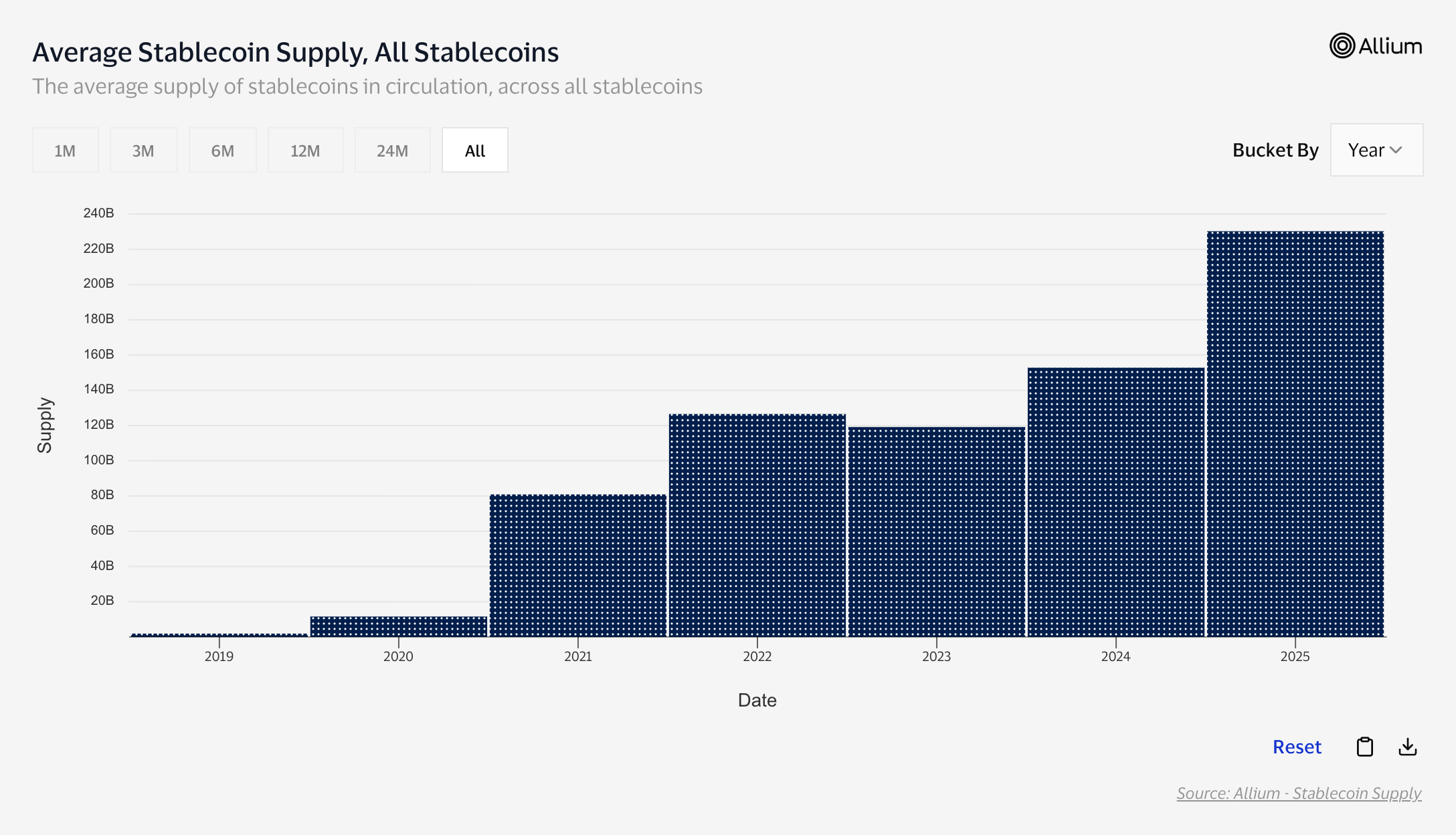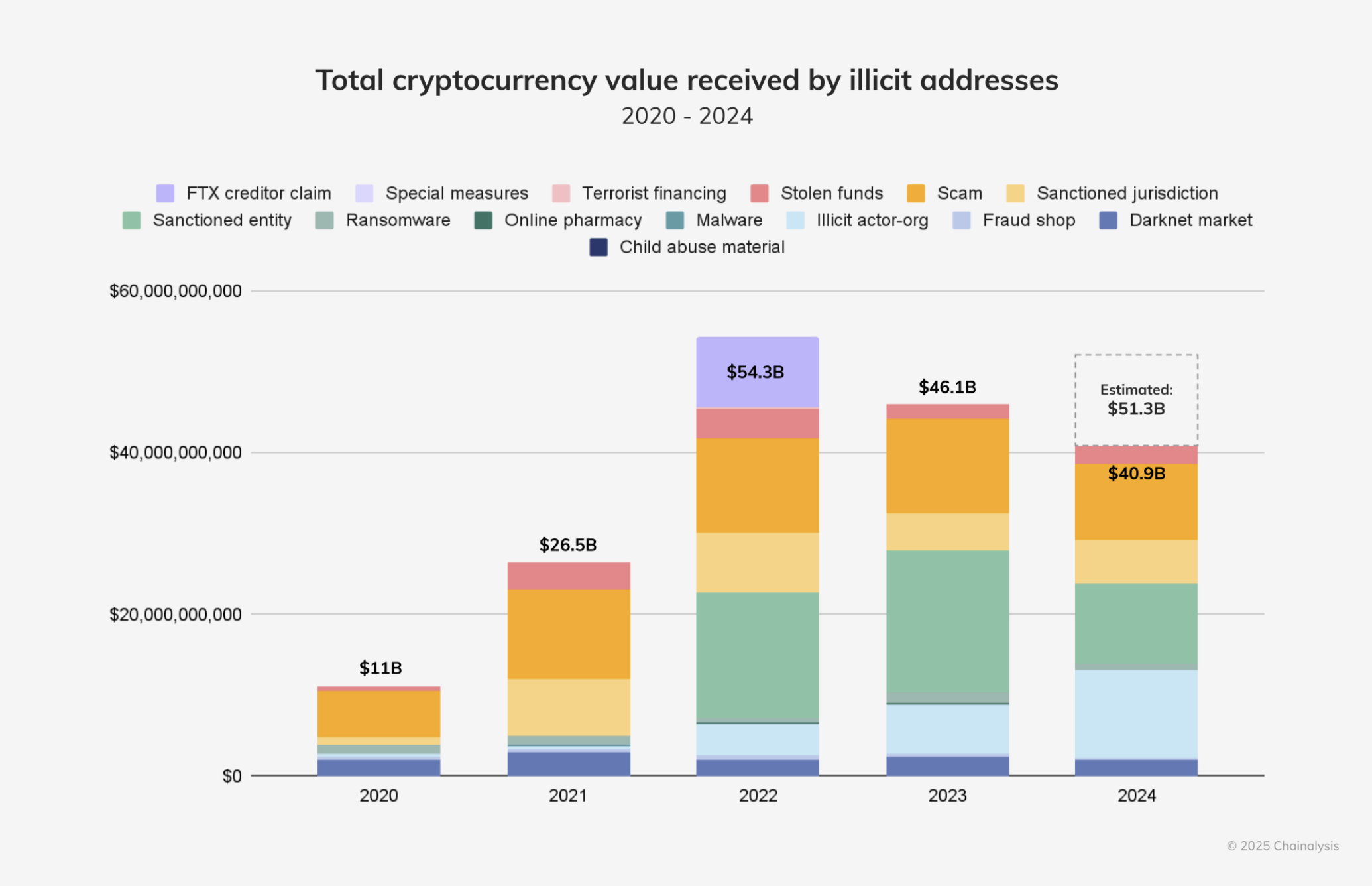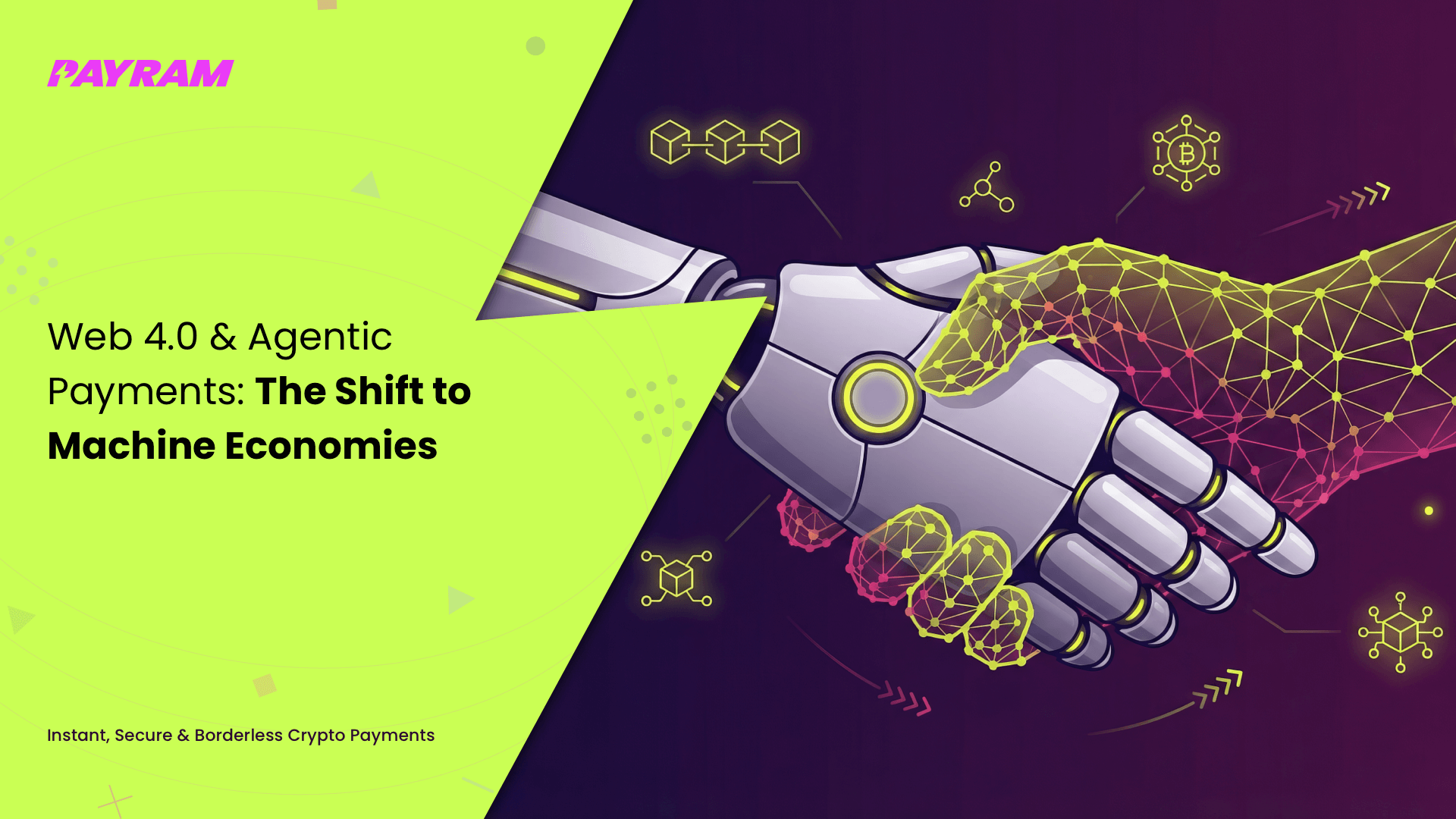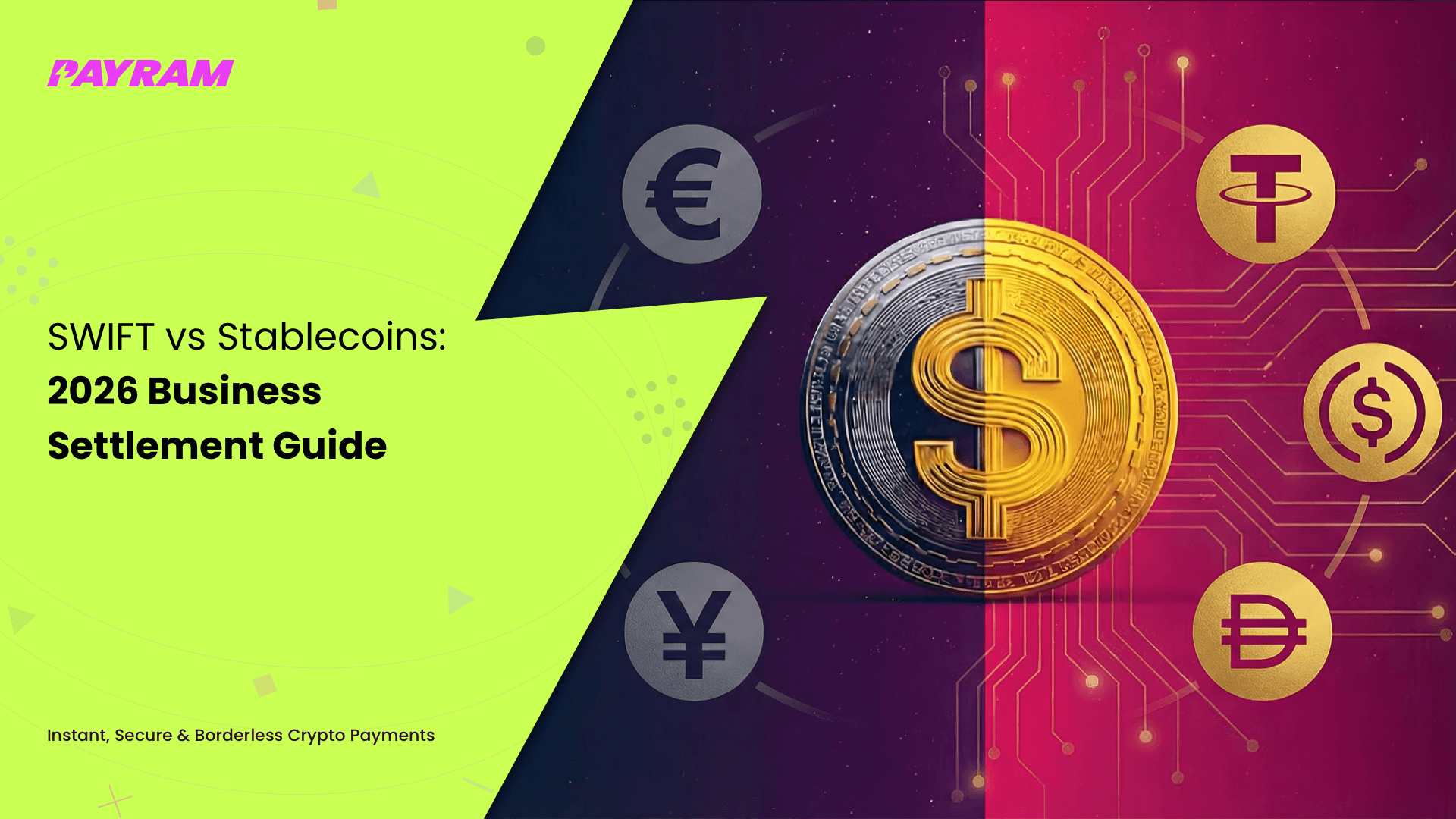Accept USDT-TRC20 Privately: A Guide to Sovereign Payment Infrastructure
The era of "trusted" third-party crypto processors is over. 2025 demands self-hosted infrastructure for true privacy and regulatory immunity.
Anonymous Bitcoin payment processors have long been the holy grail for online gambling, promising enhanced privacy, security, and convenience. For years, these financial tools leveraged blockchain technology to keep players' identities and transactions confidential while offering faster processing times than traditional banking. However, as we move through 2025, the landscape has shifted dramatically. The tools that once guaranteed anonymity are now subject to intense regulatory scrutiny.
Whether you are a casual gambler or a high-stakes operator, understanding the technical reality of "anonymity" in the current financial climate is critical. This comprehensive guide pivots from the legacy advice of the past to the sovereign solutions of the future, explaining why self-hosted infrastructure is becoming the only viable choice for privacy-conscious digital gaming.
The Privacy Paradox: Why "Anonymous" is Under Siege
Regulatory frameworks like MiCA and the Travel Rule have effectively outlawed anonymity for custodial processors, forcing a shift toward self-hosted sovereignty.
The online gambling industry has bifurcated into two distinct worlds: the fully regulated "White Market" and the privacy-centric "Grey Market." In the past, operators could rely on third-party processors to bridge the gap, but that bridge has been burned by regulation.
The "Anonymous" Fallacy
A dangerous misconception persists that using cryptocurrency automatically grants anonymity. In reality, when you use a custodial payment processor (like BitPay or CoinsPaid), you are not transacting anonymously. You are transacting pseudonymously through a regulated entity. These processors are now classified as Virtual Asset Service Providers (VASPs). To operate legally in 2025, they must comply with strict Know Your Customer (KYC) and Anti-Money Laundering (AML) laws. This means they collect—and store—your personal data, linking your "anonymous" wallet address to your real-world identity.
Regulatory Perimeters
Two major regulatory shifts have redefined the landscape:
- MiCA (Markets in Crypto-Assets): Fully implemented across the EU in 2025, the MiCA regulation mandates that all Crypto-Asset Service Providers (CASPs) identify their customers. There is no longer a legal framework for a custodial processor to service anonymous accounts within the EU.
- The FATF Travel Rule: This global standard requires VASPs to share sender and receiver data for transactions exceeding $1,000. If an operator uses a hosted gateway, they are effectively handing player data over to a surveillance network.
For Operators, CTOs, and High-Risk Merchants in adult entertainment, forex, and gambling, relying on third-party compliance is no longer a safety net—it is a liability.
In 2024 alone, enforcement actions against non-compliant crypto entities escalated significantly, with fines exceeding $19 billion globally, highlighting the immense pressure on custodial services to de-anonymize users.
"The days of 'compliant anonymity' using hosted services are mathematically impossible under MiCA. If a third party holds your keys, they must hold your ID." — Regulatory Analysis, EU Crypto Compliance Forum
Market Intelligence: The Shift from Bitcoin to Stablecoins
Bitcoin's volatility has ceded dominance to stablecoins, with USDT on Tron (TRC20) capturing 30% of global volume due to superior speed and negligible fees.

While Bitcoin remains the "digital gold" reserve asset for casinos, it has largely failed as a high-velocity transactional currency for gambling. Players need stable value to place bets, not an asset that fluctuates 5% while the roulette wheel spins.
The Stablecoin Hegemony
Data from late 2024 and 2025 reveals a decisive shift: Stablecoins now comprise approximately 30% of all on-chain transaction volume, settling over $4 trillion annually. USDT and USDC account for over 90% of this market, becoming the de facto chips of the digital casino economy.
TRC20 vs. ERC20: The Efficiency Gap
For operators and players, the choice of network is as important as the choice of currency:
- Ethereum (ERC20): While secure, gas fees can fluctuate wildly ($5-$20 per transaction), and confirmation times can lag during congestion.
- Tron (TRC20): The industry standard for gambling. Fees are negligible (often under $1), and settlement is near-instant. For a casino processing thousands of deposits, the cost difference between ERC20 and TRC20 can amount to six-figure savings annually compared to ERC20.
Strategic Implication: Any competitive payment gateway in 2025 must offer native, robust support for USDT-TRC20. Solutions relying solely on Bitcoin are technologically obsolete for the mass market.
Stablecoins processed an estimated $8.9 trillion in transaction volume in the first half of 2025, surpassing the volume of major traditional card networks like Mastercard.
"Stablecoins are no longer just a niche crypto asset but the foundation of a new global settlement layer... enabling instant, cost-efficient, borderless, and intelligent value exchange." — PayRam Industry Report 2025
The Mechanics of Payment Privacy: Custodial vs. Self-Hosted
Custodial gateways create a "traceability trap" by aggregating user data, whereas self-hosted architecture restores true peer-to-peer privacy.
To understand privacy, one must distinguish between who holds the keys and who sees the data.
The Traceability Trap (Custodial)
When using a hosted processor, the transaction flow is: Player -> Processor (VASP) -> Merchant.
In this model, the processor creates a "honeypot" of data. They see the origin wallet, the destination merchant, and metadata like IP addresses and device fingerprints. Because they are regulated, they must screen this data against sanctions lists and report "suspicious activity" (which often includes unlicensed gambling) to authorities. This is the fundamental flaw of custodial payment gateways.
The Self-Hosted Advantage (Non-Custodial)
Self-hosted gateways like PayRam fundamentally alter the data flow: Player -> Merchant Wallet.
- Architecture: The gateway software runs on the merchant's own Virtual Private Server (VPS). It monitors the blockchain and generates payment addresses derived from the merchant's own public key (xPub).
- No Middleman: The software never holds the private keys. It simply confirms the transaction on the ledger.
- Data Sovereignty: Since there is no third-party VASP involved, there is no entity to trigger the Travel Rule for unhosted wallet transfers. The transaction appears on-chain as a simple peer-to-peer transfer, preserving the privacy of both the player and the operator.
The crypto industry lost over $7 billion to hacks and breaches between 2022 and 2024, with the vast majority of funds stolen from centralized, custodial "hot wallets."
Self-custody is the only way to guarantee that your business is not one policy update away from insolvency. If you don't own the server, you don't own the money." — Lead Architect, PayRam
The Failure of Legacy Custodial Processors
Legacy giants like BitPay and CoinsPaid have become liabilities due to strict anti-gambling policies, mandatory KYC, and catastrophic security breaches.

Previous guides may have recommended BitPay or CoinsPaid, but a forensic audit of these providers in 2025 reveals significant risks for high-risk merchants.
BitPay: The Compliance Hawk
BitPay has pivoted to become a compliance-first fintech.
- Strict KYC: BitPay utilizes Onfido for rigorous identity verification. Users often cannot even claim a refund without uploading government ID and performing a biometric facial scan.
- Anti-Gambling Policy: Their Acceptable Use Policy explicitly prohibits unlicensed gambling. They actively monitor merchant traffic and will freeze funds if they detect gambling activity from merchants without explicit, Tier-1 regulatory approval. For a detailed breakdown, see our breakdown of High Risk Merchants.
CoinsPaid: The Security Compromise
CoinsPaid is widely used, but its centralized nature poses systemic risks.
- The Lazarus Hack: In July 2023, the Lazarus Group (North Korean state hackers) breached CoinsPaid, stealing $37.3 million. This highlighted the inherent danger of centralized "hot wallets."
- Regulatory Exposure: To maintain its licenses, CoinsPaid enforces strict KYB (Know Your Business) and KYC rules, often requiring merchants to collect and hand over player data to satisfy AML audits.
Cryptomus & The "Hybrid" Trap
Newer entrants like Cryptomus market themselves as "No KYC" but operate under "Risk-Based" policies.
- Automated Freezes: If their automated scoring tools (like Chainalysis) flag a deposit as "tainted" (e.g., coming from a mixer), they can freeze the funds and demand KYC from the player to release them.
- Fines: The risks of this model were underscored when the operator of Cryptomus faced a $177 million fine by FINTRAC for AML violations, proving that offshore "hybrid" processors are not immune to global enforcement.
Following the Lazarus Group's $37.3 million theft from CoinsPaid, it was revealed that hackers spent 6 months tracking the company's internal systems before striking, proving that centralized targets are constantly under siege.
"We suspect Lazarus Group, one of the most powerful hacker organizations, is responsible... The attack influenced our platform's availability and revenue." — CoinsPaid Official Statement (July 2023)
The Regulatory Landscape 2025: MiCA and The Travel Rule
EU regulations now mandate full customer identification for CASPs, making self-hosted wallets the only remaining loophole for private transactions.
The transition to self-hosted infrastructure is driven by regulatory necessity.
Markets in Crypto-Assets (MiCA)
Now fully applicable, MiCA requires all CASPs operating in the EU to identify their customers. Article 59 and 62 mandate robust internal controls. There is no legal way for a custodial processor to offer anonymous accounts to EU citizens. You can review the official regulations at the ESMA Website.
The FATF Travel Rule
The Travel Rule requires that for any transaction over $1,000, the originating VASP must transmit personal identifying information (PII) to the beneficiary VASP.
- The Loophole: If a casino uses PayRam (Self-Hosted), the casino is not acting as a VASP but as a private entity using an unhosted wallet. Currently, the Travel Rule does not require VASPs to transmit data to unhosted wallets, maintaining a critical shield for privacy. For official guidance, refer to the FATF GAFI Website.
Banking "De-Risking"
Banks continue to pressure payment processors to drop high-risk clients. Custodial processors that settle in fiat are the weak link. If they lose their banking rails, your funds freeze. Self-hosted gateways decouple your operations from the banking system's permission.
Fines for non-compliance with AML regulations in the crypto sector surged by over 50% in 2024, signaling that regulators are prioritizing enforcement against "grey market" custodial facilitators.
"MiCA effectively ends the era of 'wild west' crypto service providers in Europe. Compliance is no longer optional for anyone holding custody of client funds." — EU Financial Regulatory Observer
The Solution: PayRam and Self-Hosted Infrastructure
PayRam offers a commercial-grade, self-hosted gateway that combines the security of cold storage with the speed of USDT-TRC20, free from censorship.
PayRam represents the evolution of crypto payment processing—a solution designed specifically for the hostile regulatory environment of 2025.
Sovereign Architecture
Unlike SaaS platforms where you log in to a third-party website, PayRam is software you deploy on your own infrastructure (typically via Docker).
- Direct-to-Wallet: Funds settle instantly into your cold wallet (e.g., Ledger or Trezor). The gateway only "watches" the blockchain. It cannot spend your funds.
- Censorship Resistance: Because the code runs on your server, no terms of service update can freeze your account or decline your transactions. This is the core of our unbannable gateway architecture.
PayRam vs. BTCPay Server
While BTCPay Server is the gold standard for Bitcoin-only stores, it lacks native features for the modern casino. PayRam fills this gap with:
- Multi-Chain Support: Native support for Tron (TRC20), Ethereum (ERC20), BSC, and Solana, catering to the stablecoin dominance.
- Commercial UX: A user interface designed for high-volume merchants and seamless checkout experiences. See our detailed technical comparison of BTCPay and PayRam.
Security Advantages
- Reduced Attack Surface: Hackers cannot "hack PayRam" to steal your funds because the gateway doesn't hold the private keys. They would need physical access to your offline hardware wallet.
- DDoS Resilience: Your payment node is isolated from your gaming servers, ensuring payments continue even if the main site is under load.
Merchants switching to PayRam typically save 99% on processing fees compared to legacy providers, as they pay only the minimal network gas fees (often <$1 per TRX transaction) rather than a 1-5% cut of revenue.
"PayRam provides the sovereign, non-custodial infrastructure required for enterprises to execute permissionless stablecoin payments at scale without intermediary risk." — PayRam Release Notes
Implementation Guide for Operators
Deploying a self-hosted node requires a VPS and a cold wallet strategy to ensure funds are instantly secured and immune to seizure.
Integrating a self-hosted processor requires more technical effort than a SaaS sign-up, but the ROI is sovereignty.
Infrastructure Setup
- Server: Deploy on a VPS (Virtual Private Server) with a provider that respects privacy and ignores frivolous DMCA/regulatory spam (e.g., offshore hosting).
- Isolation: Use Docker containerization to keep the payment gateway isolated from your casino's game logic.
Wallet Management
- Cold Storage: Configure the gateway to derive addresses from a hardware wallet (xPub). This ensures that even if the server is compromised, the funds are safe.
- Gas Management: For token-based payments (USDT), PayRam helps manage the "gas" (TRX or ETH) needed to forward funds from deposit addresses to cold storage.
Integration Best Practices
- Webhooks: Utilize webhooks to listen for invoice_paid events for instant player crediting. For technical details, check our documentation.
- User Interface: Ensure the checkout displays clear QR codes and supports "one-click" wallet connections to minimize user error.
A standard PayRam node can be deployed in under 10 minutes using Docker, with monthly server costs as low as $20—a fraction of the monthly fees charged by enterprise custodial gateways.
"The shift to self-hosting isn't just about privacy—it's about removing the single point of failure that is the third-party processor." — Senior DevOps Engineer, iGaming Sector
Future Trends and Strategic Outlook
The future of iGaming lies in Agentic Commerce and Zero-Knowledge Identity, where AI agents and cryptographic proofs replace manual bets and KYC docs.
The evolution of anonymous Bitcoin payment processors represents a significant shift in how we approach online gambling privacy.
- Agentic Commerce: We are approaching an era where AI agents will execute bets and payments on behalf of users. Self-hosted gateways with clean APIs are "agent-ready," capable of handling programmatic interactions. Learn how this will impact your business in our guide to Agentic Commerce.
- Decentralized Identity (DID): Future compliance may move from "No KYC" to "Zero-Knowledge KYC," where a player proves they are of age using a cryptographic proof without revealing their name or address.
- The "Cat and Mouse" Game: As regulators crack down on fiat on-ramps, the separation of crypto acceptance (via self-hosted gateways) from fiat settlement (via P2P markets) will become standard operating procedure.
By 2030, AI shopping agents and autonomous payment bots are projected to drive up to $12 trillion in annual commerce, requiring payment rails that are accessible via API without human intervention.
"Agentic commerce—shopping powered by AI agents acting on our behalf—represents a seismic shift in the marketplace... moving us toward a world in which AI anticipates consumer needs and executes transactions." — McKinsey & Company Report
Conclusion
The landscape of 2025 is clear: Anonymity is no longer a feature you can buy from a third-party service. It is an architecture you must build yourself. For players and operators alike, the future of online gambling lies in embracing innovative, self-hosted payment systems like PayRam. By reclaiming custody of funds and data, operators can immunize their businesses against emerging security challenges and regulatory overreach, shaping a more private, secure, and accessible digital gaming landscape.
Ready to reclaim your financial sovereignty?
Don't wait for a freeze notice to upgrade your infrastructure. Visit PayRam today to deploy your private stablecoin gateway. Start processing USDT-TRC20 with zero processing fees, complete data privacy, and total immunity from third-party bans.
FAQ: Anonymous Crypto Payments in 2025
1. Does PayRam charge transaction fees?
PayRam charges 0% processing fees on transactions. You keep 100% of the payment value, only paying the standard blockchain network fees (gas). PayRam generates revenue through optional, advanced features like OnRamp/OffRamp services and automated fund sweeping, which carry a transparent service fee (up to 5% depending on the service).
2. Can I use PayRam without a company bank account?
Yes. PayRam is a crypto-native, self-hosted solution. You do not need a bank account to accept crypto payments. Funds settle directly into your private crypto wallet. However, if you wish to convert crypto to fiat currency (USD/EUR) using our optional OffRamp services, banking details may be required by the liquidity provider.
3. Is PayRam compliant with the MiCA regulation?
As a self-hosted software solution, PayRam puts you in control. Since you are not relying on a third-party custodian to hold funds, you operate as a private merchant wallet. This architecture currently falls outside the scope of many VASP regulations like MiCA that target custodial intermediaries, though you are responsible for adhering to your local laws regarding income reporting.
4. How does PayRam protect against hacks like the CoinsPaid breach?
PayRam uses a "No Keys on Server" architecture. Your private keys are never stored on the payment gateway server. Even if your server is completely compromised, hackers cannot steal your funds because the server only has "watch-only" access to generate deposit addresses.
5. What cryptocurrencies does PayRam support?
PayRam supports major Layer 1 blockchains and tokens, including Bitcoin (BTC), Ethereum (ETH), Solana (SOL), Tron (TRX), and notably USDT (TRC20/ERC20) and USDC. We prioritize stablecoins due to their dominance in the iGaming sector.
6. Do I need technical skills to install PayRam?
While PayRam is a self-hosted solution, we have streamlined the process with a Docker-based deployment that takes about 10 minutes. We also offer a user-friendly dashboard for managing your payments, making it accessible even if you aren't a developer.
7. Why is USDT-TRC20 better for gambling than Bitcoin?
Bitcoin transactions can take 10+ minutes to confirm and often have high fees during network congestion. USDT-TRC20 (Tether on Tron) confirms in seconds and typically costs less than $1 per transaction, making it ideal for the high-frequency deposits and withdrawals typical in online gambling.
8. Can PayRam be used for high-risk industries like adult entertainment?
Yes. PayRam is permissionless software. We do not block merchants based on their industry (e.g., adult, gambling, forex) because we do not process the funds ourselves. You own the code and the infrastructure, making you immune to the "de-risking" bans common with Stripe or PayPal.
9. What is the difference between "privacy" and "anonymity"?
Privacy means your transaction details are not broadcast to the public or easily readable. Anonymity means your identity is not linked to the transaction. Custodial processors destroy anonymity by requiring KYC. PayRam restores anonymity by allowing direct peer-to-peer transfers without an intermediary recording your identity.
10. Does PayRam require KYC?
PayRam does not require KYC to download, install, or use the core payment gateway software. You can start accepting payments immediately. Optional advanced services, such as fiat-to-crypto conversion (OnRamp), may require third-party verification depending on the provider used.
Appendix: Comparative Technical Audit of 2025 Payment Solutions
A side-by-side comparison revealing why self-hosted solutions like PayRam outperform custodial competitors in privacy, fees, and regulatory safety.
For a deeper understanding of the technical differences, explore our guide on understanding self-hosted architectures. To verify the transparency of stablecoin reserves, you can visit the official Tether page.


.svg)







%20Wero%20vs%20Visa%20%26%20Mastercard%20PayRam.png)


.svg)